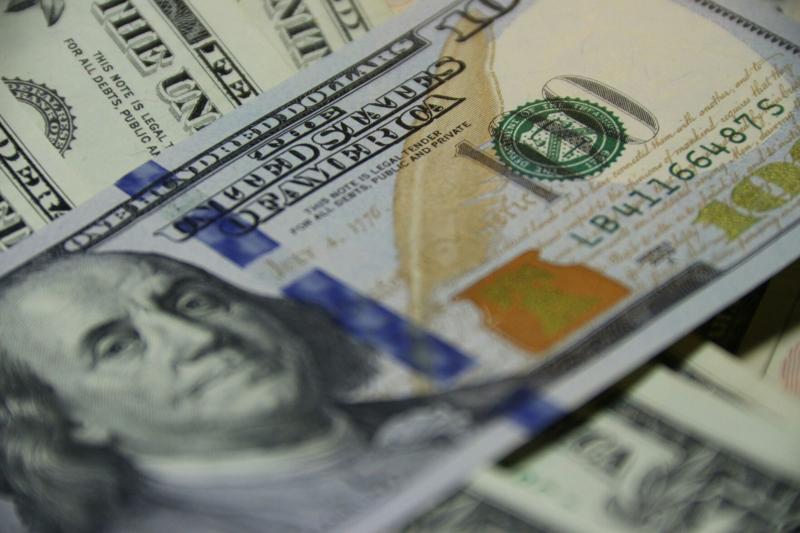(The Center Square) – Iowa’s economic performance is slipping, according to a new report.
The state fell from 30th to 36th in the nation for its economic performance in the annual Rich States, Poor States report published by the American Legislative Exchange Council, a nonpartisan voluntary membership organization of state legislators.
Economic performance takes into account the state’s gross domestic product, absolute domestic migration, and non-farm payroll employment from 2012 to 2022.
In general, states received higher rankings if they had a habit of spending and taxing less, according to ALEC. States that spent more and taxed more tended to perform poorly in the report.
Iowa’s state gross domestic product dropped from 2021 to 2022, to 30th in the nation, the report said.
The state lost 38,115 people to domestic migration in the last decade. There were only two years from 2013 to 2022 where Iowa gained residents – in 2021 and 2013, according to the report.
The state’s rank for non-farm payroll employment landed the state in the bottom ten and trending below the U.S. average.
The report also forecasted Iowa’s economic outlook. It based its projections on the state’s current standing on 15 state policy variables.
Iowa’s economic outlook dropped from 32nd down to 34th this year.
Each of the variables used to forecast economic outlook are directly impacted by policymakers, the report said.
Iowa’s top marginal personal income tax rate was 5.7% and its top marginal corporate income tax rate was 7.23%. Personal income tax progressivity, which is the change in tax liability per $1,000 of income ranked 18th at $4.52.
The state’s property tax burden ranked 39th at $34.70 per $1,000 of personal income and its sales tax burden was 33rd at $25.05 per $1,000 of personal income, the report found. The remaining tax burden was $17.52. Recently legislated tax changes showed a decrease of $1.12.
Iowa was penalized for levying an estate/inheritance tax.
Debt service as a share of tax revenue was in the top five at 3.53% and the state’s minimum wage ranked number one for sitting on the federal floor of $7.25. Iowa also received points for being a right-to-work state, which provides workers the option to join or support a union.
Iowa placed 43rd for public employees per 10,000 of its population with 596 public employees for 10,000 residents.
Its state liability system survey, which includes tort litigation treatment and judicial impartiality ranked 23rd.
Iowa’s average workers’ compensation costs scored poorly at $1.52 per $100 of payroll, ranking 37th.







